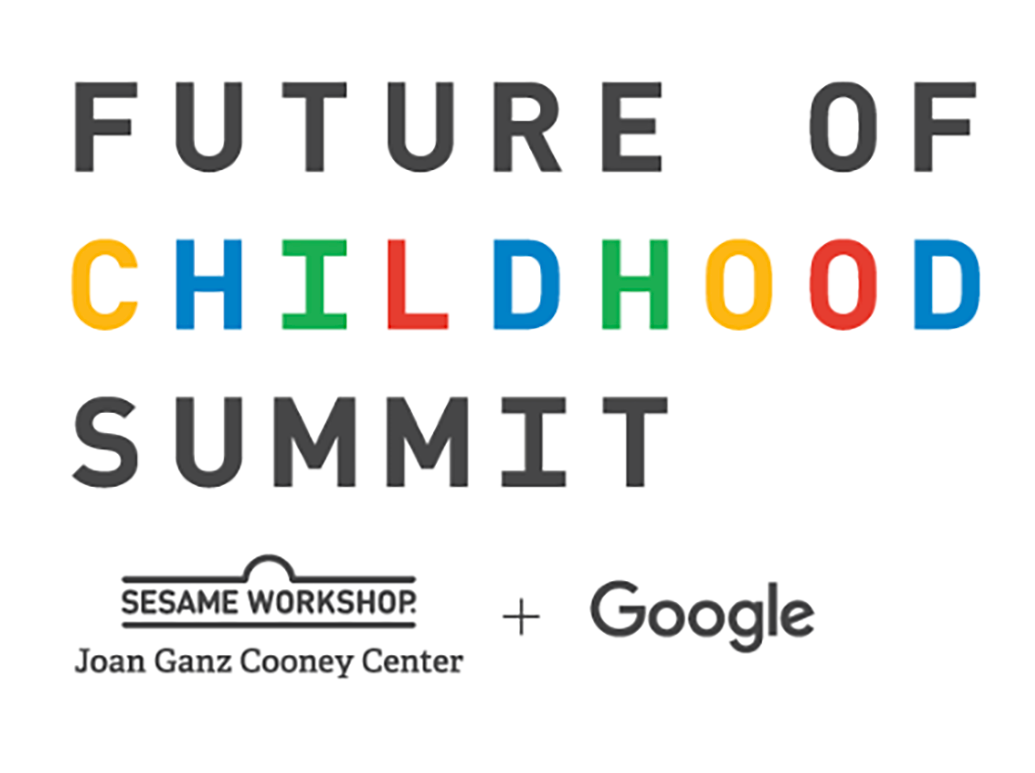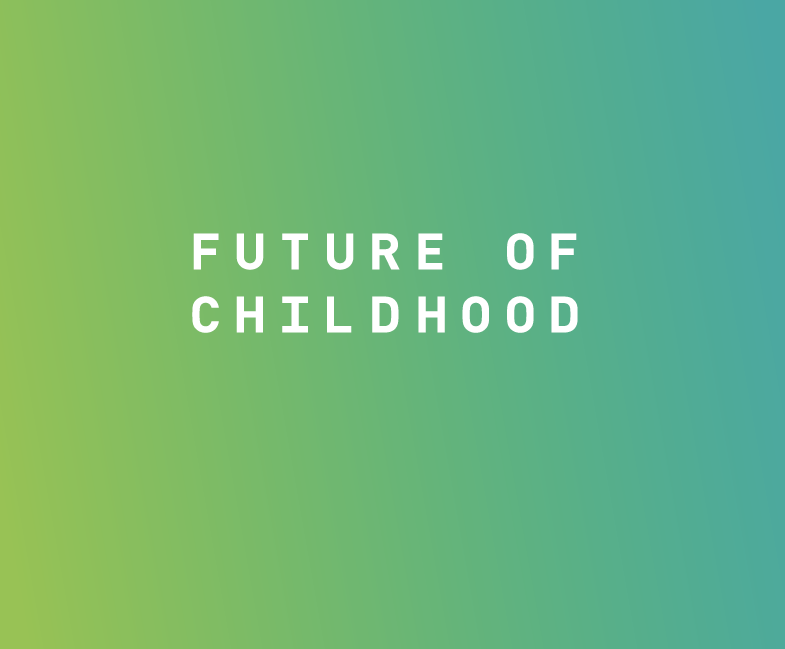The Future of Childhood Consortium is a diverse set of professionals who share a common interest in improving the quality of media and technology-based experiences for children ages 0 through 14. As researchers, developers, educators, industry professionals, and funders, we recognize the increasing ubiquity of technology in everyday life, and the potential good and harm these tools present to children’s cognitive, socio-emotional, and physical wellbeing. Our primary aims, therefore, include mitigating the possible harms and exploring the potential of these tools for fostering smarter, stronger, and kinder individuals. To achieve these aims, we are establishing strategic partnerships to identify, fund, and conduct empirical research that will guide developers—as well as policymakers, educators, and parents—in the responsible design and deployment of these technologies.
Why a consortium?
The ecology for children’s lives is multifaceted with many people, settings, and transactions. As such, a diversity of expertise is needed to address the ways in which technology fits/influences these contexts and interactions. The consortium brings together members from a variety of disciplines, professional contexts, and cultural backgrounds, including child development researchers, education and family practitioners, and media and technology developers. Importantly, all consortium members hold a value in science and the use of rigorous and diverse methods to address the complexity of children’s lives and the many ways in which new technologies permeate most, if not all, aspects. The consortium is unique in its efforts to provide balanced and global perspectives on the ways in which media and technology can enhance, supplant, or hinder children’s optimal development. Collectively, the consortium is focused on how best to help children grow to be smarter, stronger, and kinder across cultures and classes.
What are its primary activities?
- Identifying what is meant by “childhood” and the many contexts and conditions in which media and technology influence children’s development. This will provide a roadmap for the areas that the consortium will specifically address in studying development in a digital world.
- Outlining research agendas around the most urgent issues at the intersection of child development and technology.
- Conceiving of novel, collaborative funding models that permit industry to invest in the research that their R&D processes will benefit from without presenting conflicts of interest to any parties involved.
- Brokering research-industry-philanthropic partnerships to address specific challenges.
- Conducting research studies that serve the broader children’s media and tech field.
- Translating, packaging, and disseminating findings for use not only by media and tech developers, but also by educators, parents, medical professionals, policymakers, and journalists.
- Hosting cross-sectoral convenings to encourage conversation and collaboration across sectors around issues raised by research findings.



